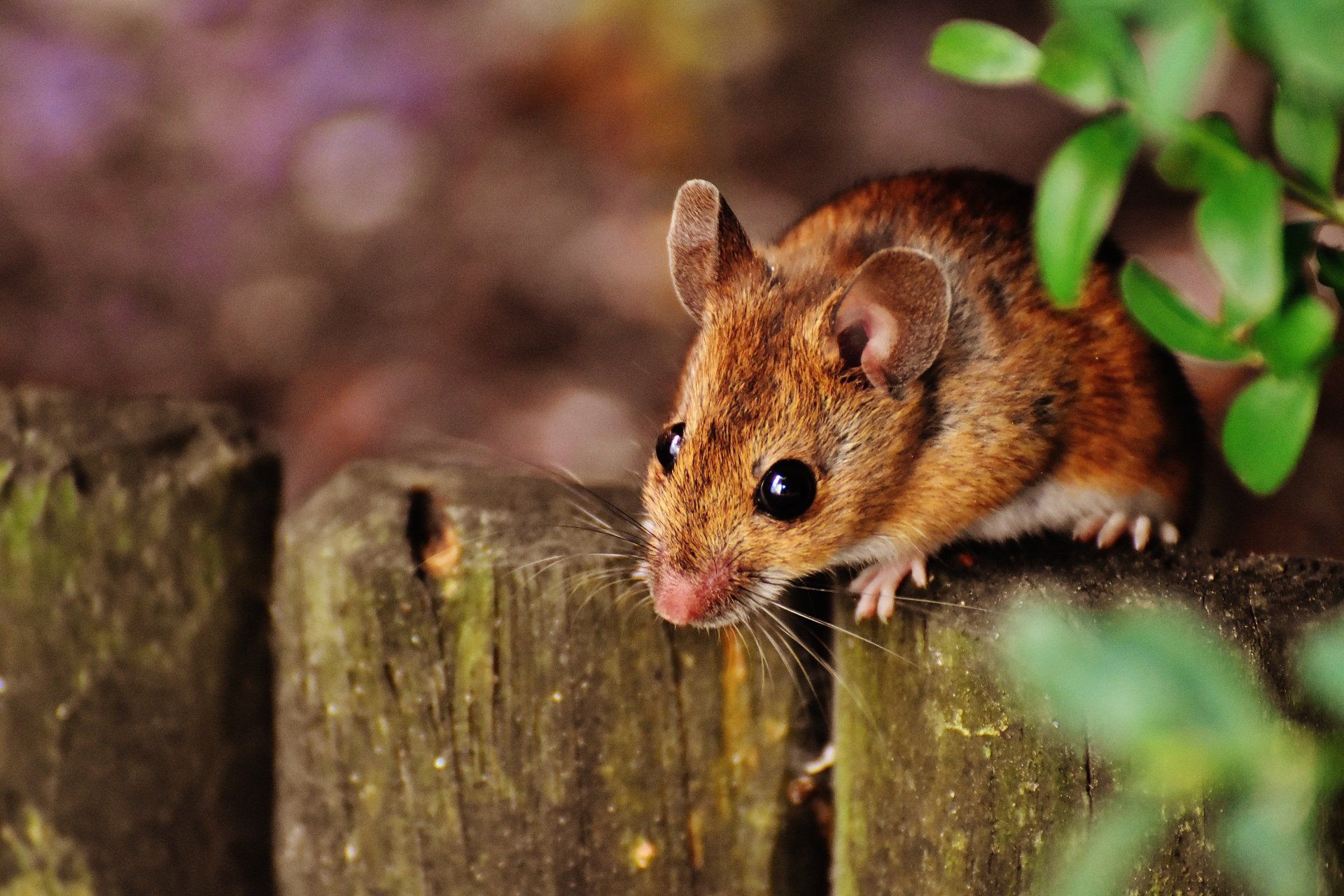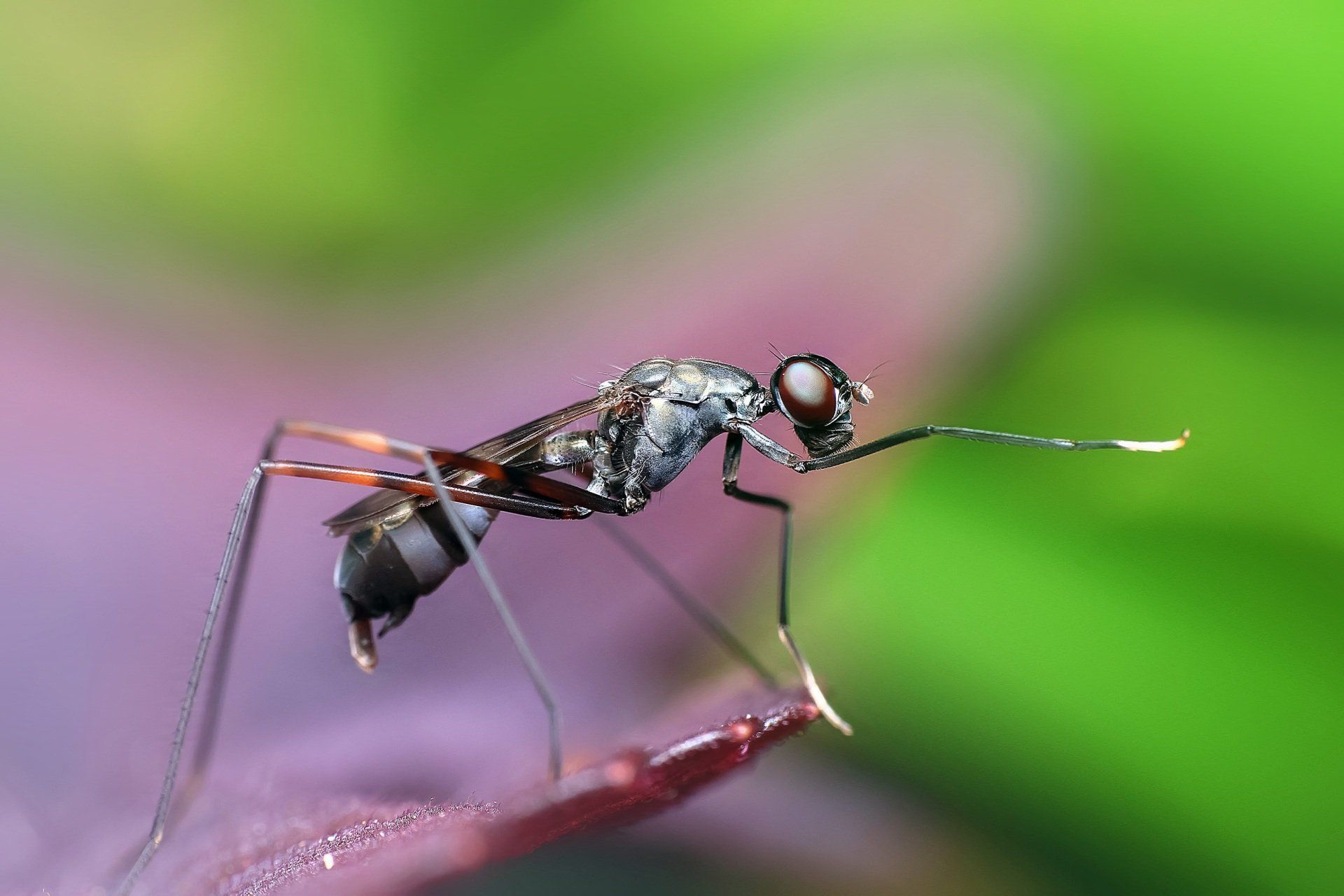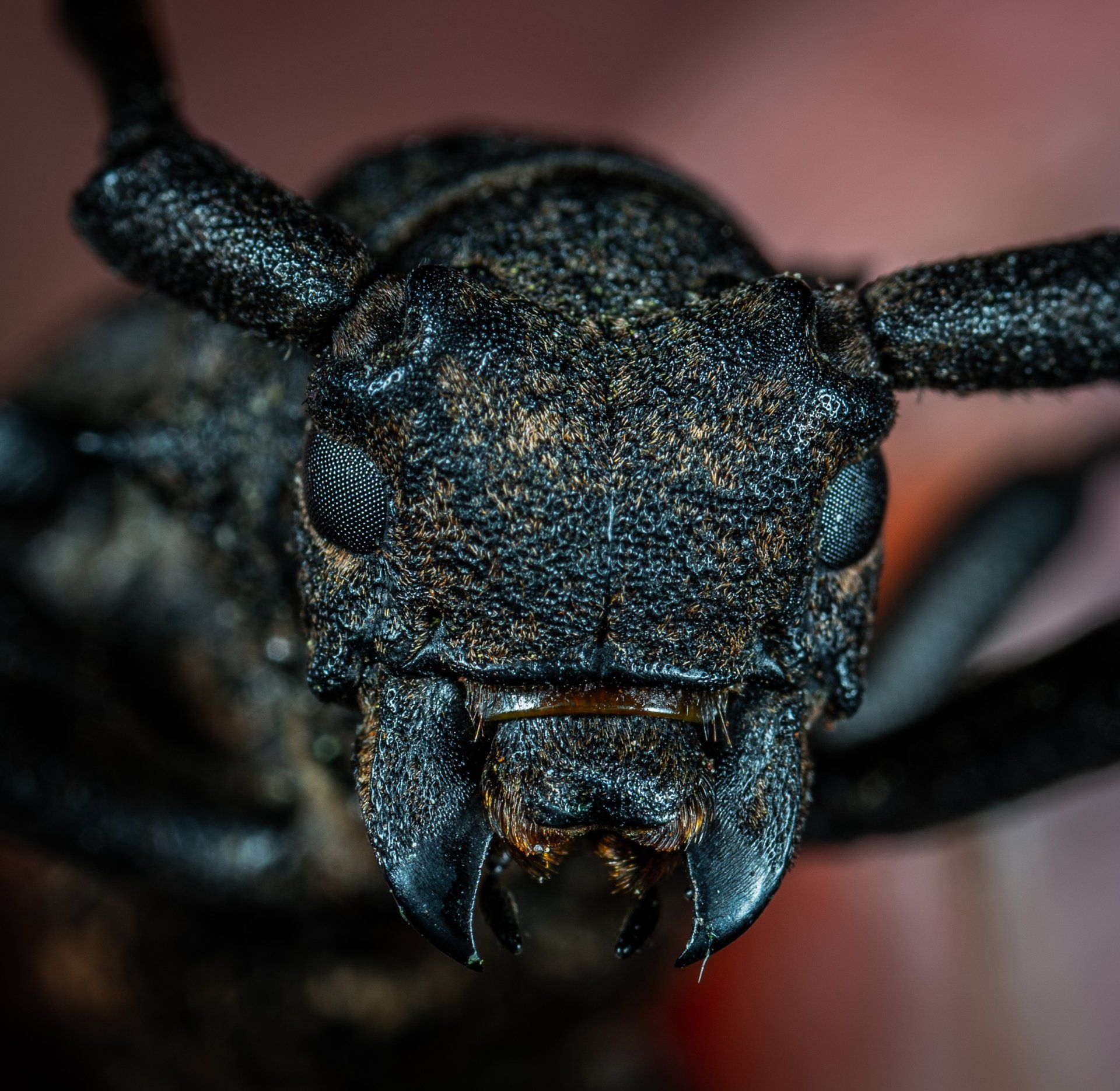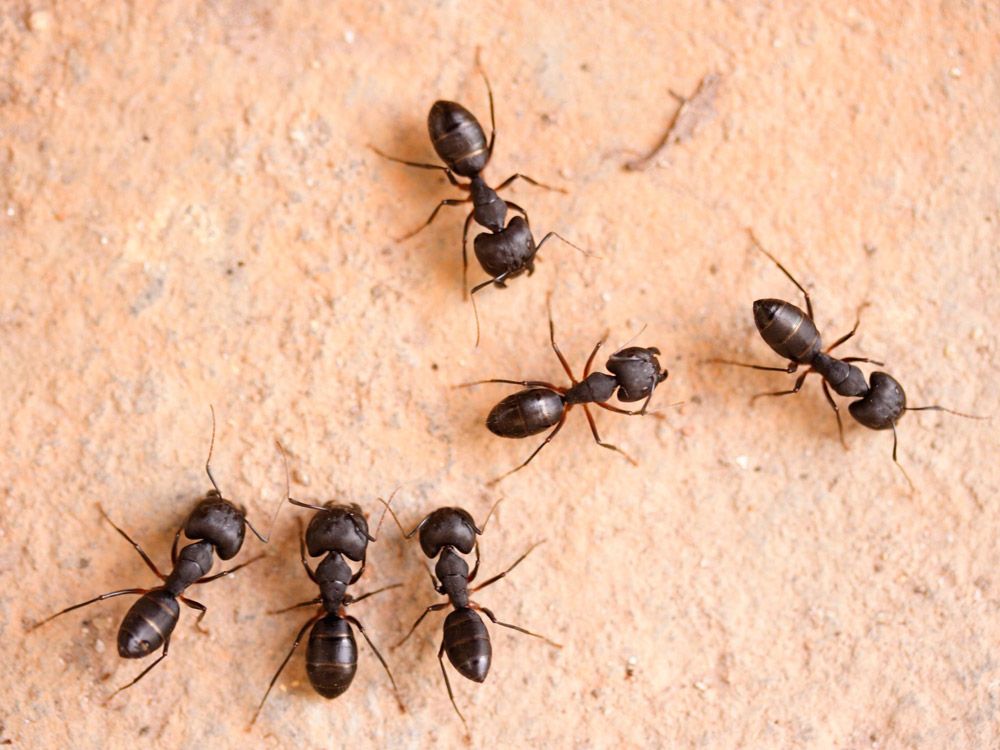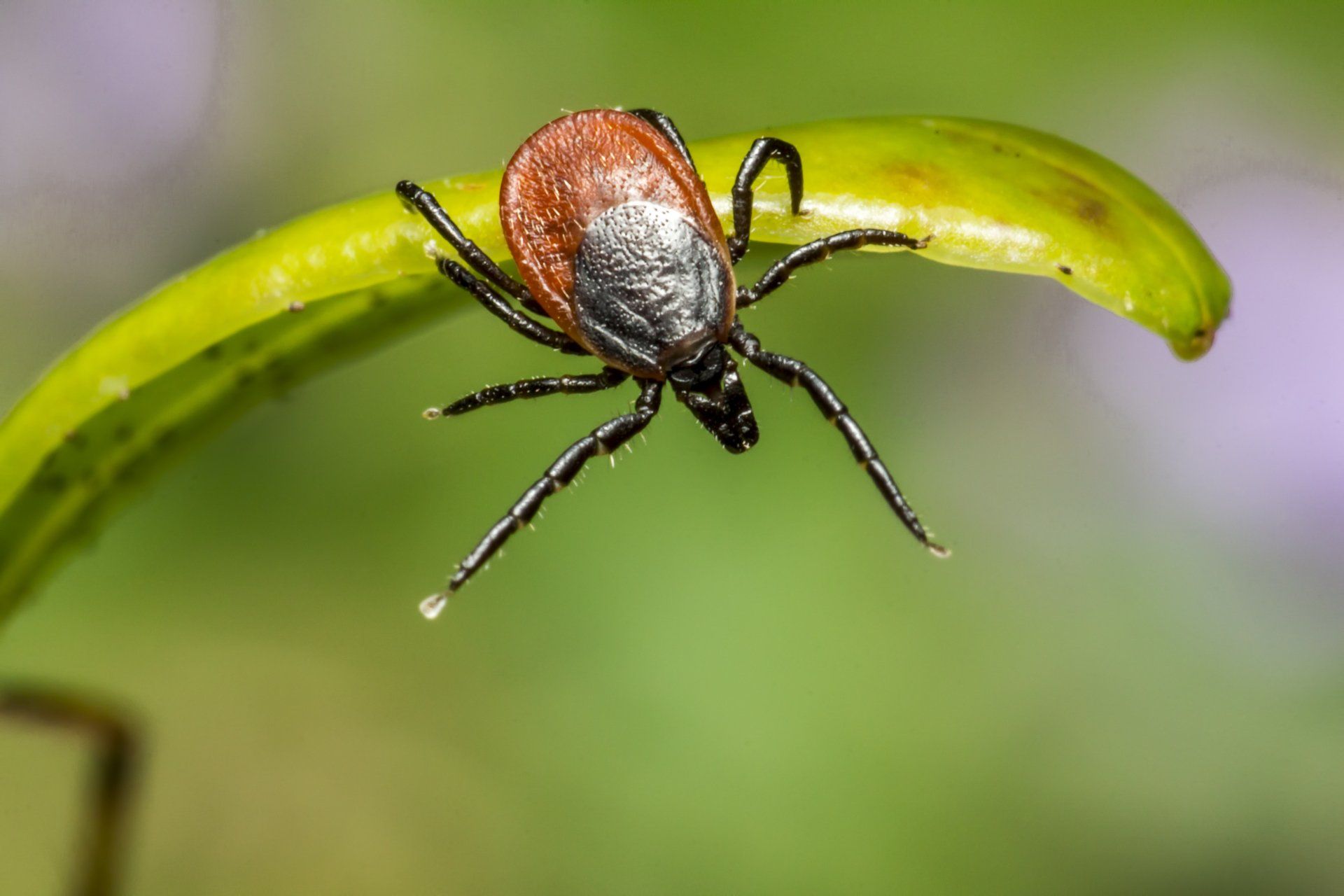Types of Ticks in NJ
Understand the different types of ticks in NJ
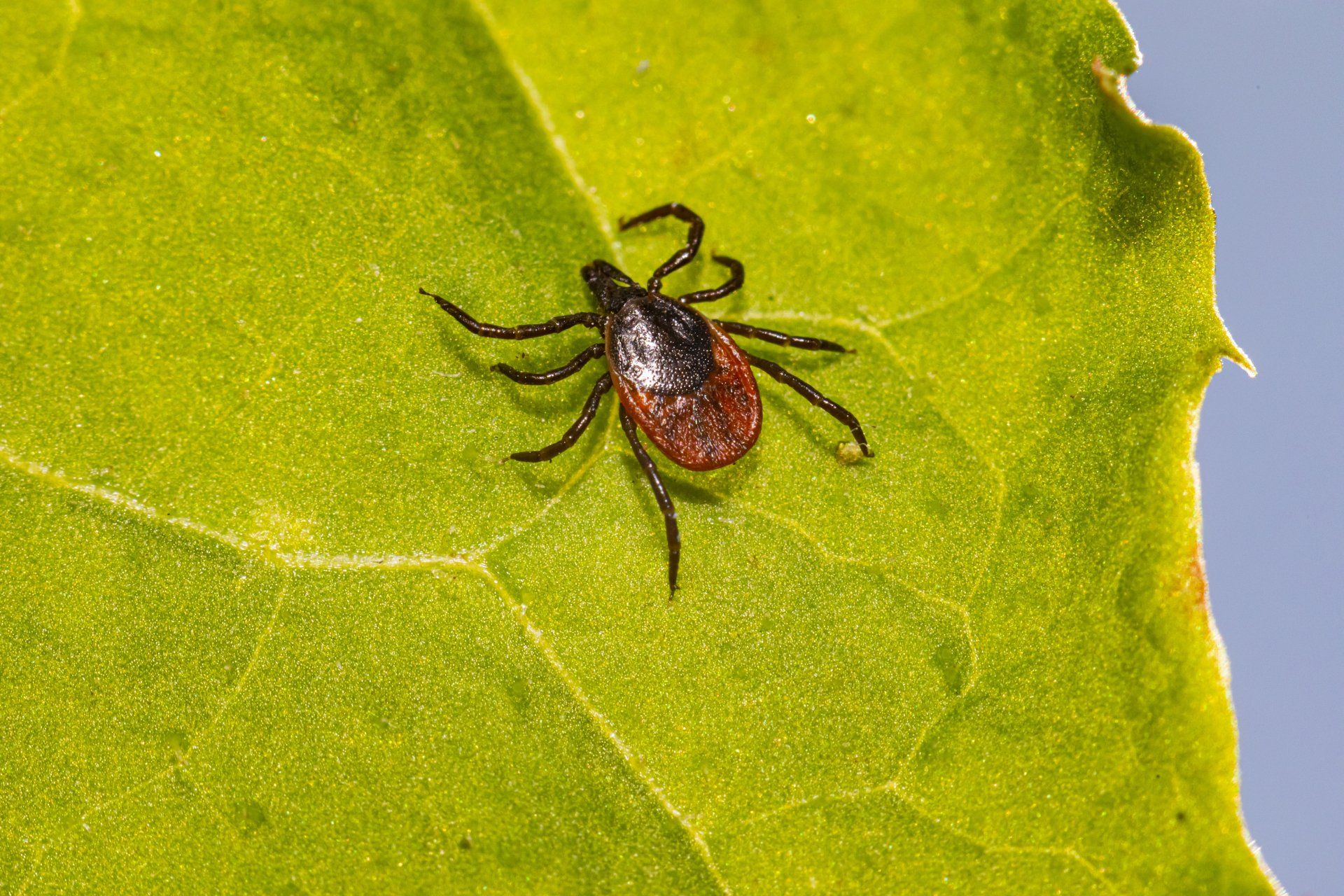
It may surprise you to learn that deer ticks feed on more than 300 different types of animals, including mice, birds, deer, dogs, and more. Even more shocking, in 2021, NJ was reported as having more reported Lyme disease cases than any other state, so it’s crucial that you protect yourself, your family, and your pets from these insidious pests.
According to the CDC, if an infected tick bites a human and stays attached to it for at least 36 to 48 hours (this is the general rule of thumb but not an exact estimate), it can transmit Lyme Disease.
But what does a deer tick look like and what other ticks are there in NJ? And more importantly, what can you do to prevent the different types of ticks in NJ?
Deer Ticks
There are many different types of ticks in NJ. You’ve probably heard of deer ticks, but are you familiar with black-legged ticks? They’re actually the same thing, and they’re incredibly common in the Northeast. These are the ticks most commonly associated with Lyme disease.
An adult deer tick is only 3mm big, which means they can be hard to spot. These ticks are oval-shaped with flat bodies. They get bigger as they feast on blood. Males are usually darker and may have a white strip of color on their abdomen. Females are light brown and turn to a rusty shade as they eat blood.
Always check children, pets, and yourself for ticks when coming indoors. You can work to reduce your exposure to these ticks by avoiding tall grass and bushes, mowing your lawn frequently, and staying away from retaining walls and fences. These ticks also look for shady, damp areas, so be mindful when outside.
American Dog Ticks
Other types of ticks found in NJ are dog ticks, aka American dog ticks, and they are extremely common in the Garden State. These ticks transmit Rocky Mountain Spotter Fever (RMSF). This bacteria infection can cause nausea, vomiting, fever, and more, so if you suspect you contracted RMSF, call a healthcare provider right away.
You may also notice a bullseye or rash, commonly associated with Lyme Disease. Again, if you suspect a tick bite, call a physician immediately.
Following a bite, doctors may administer doxycycline (just a single dose) in areas with high rates of Lyme Disease. This works to prevent the disease.
Dog tick bites are also associated with paralysis and tularemia. To reduce the incidence of encountering one of these dangerous pests, avoid tall grasses, bushes, hiking trails, paths, and tall plants.
These ticks are also oval and flat, similar to deer ticks. They’re brown and have grey or white markings on them. Both nymphs and adults have eight legs, but larvae only have six legs. Since they have so many legs, they crawl very well, especially through grass and hair.
Brown Dog Ticks
Dog types of ticks in NJ also include Brown dog ticks. They’re another
type of tick that you need to be mindful of, especially if you have dogs. These ticks are known for causing severe illness in dogs. One of these illnesses is RMSP. They also transmit caneine babesia and canine ehrlichiosos.
These ticks do very well indoors, whereas American dog ticks don’t. This means you may find a brown dog tick infestation inside a kennel. If you see a nymph, you’ll notice its elongated body and brownish-reddish colorings. There aren’t any markings on its back.
When a female brown dog ticks latches on Fido and feeds, it can get as big as a raisin, engorging itself on blood.
Lone Star Ticks
Lone star ticks are becoming more common in NJ. They can transmit tularemia, human ehrlichiosis, Southern tick-associated rash illness (STARI), and more.
They look like other NJ ticks, with a flat oval shape. They’re reddish brown and have white shapes on their backs that look like inverter horseshoes.
Bat Ticks
Bat ticks are a new type of tick in NJ. They’re soft ticks, whereas other ticks are known for being hard. Hard ticks are the ones that cause Lyme disease.
Soft ticks don’t seem to transmit Lyme disease, but their overall risks still remain unknown. They’re small and have an irregular shape to them. They may be light or dark brown, and you’ll commonly find them near bat roosting spots.
Different Types of Ticks in NJ
There are many different types of ticks in NJ. As such, it’s important to take preventative measures. This is where the help of a professional pest removal service comes into play.
Serere Property Services offers emergency and routine pest prevention. We can work with you, creating a custom plan for pests of all kinds, ticks included.
Contact us today if you live in Sussex County, NJ, or Warwick, NY.
We will get back to you as soon as possible
Please try again later
About Us
Contact Info

